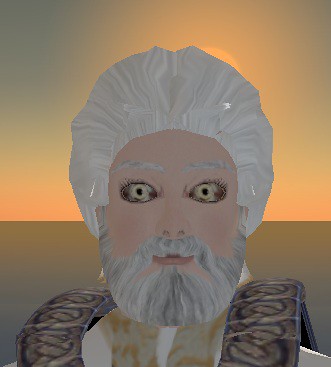Thursday, November 18, 2004
Doc Searls on Content
Doc Searls web log contains an insight worth repeating.
The notion that ingesting someone else's knowledge fuels our individual growth, which leads us to contribute knowledge, which in turn defines our reputation and helps others to grow is a very empowering "complexity theory" principle. It rings true.
Google's PageRank, which organizes search results, doesn't treat linkable goods as "content," but rather as sources. The value of those sources is ranked by authority, determined by pointage from other sources, each of which are also ranked in the same way.
Keep "authority" mind as we revisit something I wrote more than four years ago:
Hackers didn't build the Net for business. They built it for research. They wanted to make it easy for people to inform each other, no matter who or where they were.
Several days ago Tim O'Reilly and I were talking about information, which is a noun derived from the verb to form. We use information, literally, to form each other. So, if we are in the market for information, we are asking to be formed by other people. In other words, we are authors of each other. It follows that the best information is the kind that changes us most. If we want to know something — if we are in the market for knowledge — we demand to be changed.
That change is growth. Our identity persists, yet who-we-are becomes larger, because we know more. And the more we know, the more valuable we become. This value isn't a "brand" (a nasty word that comes to us from the cattle industry). It's reputation.
What these hackers made was an extraordinarily vast and efficient market for knowledge — a wide-open marketspace for information — where everybody gets to participate, to contribute, to grow, and to increase the value of their own reputations.
That's what's still behind the new ecosystem in which old news organizations need to find a new way.
The notion that ingesting someone else's knowledge fuels our individual growth, which leads us to contribute knowledge, which in turn defines our reputation and helps others to grow is a very empowering "complexity theory" principle. It rings true.



